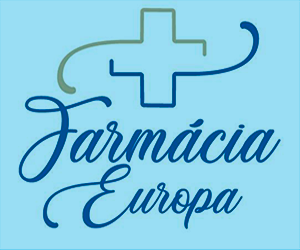Cocoa, fruit and tea can help keep heart healthy, study says

Substances found in cocoa, fruit and tea could help healthy people keep their heart and circulation in good working order as they get older, according to researchers in Germany.
Healthy middle-aged people who consumed two flavanol drinks a day had lower blood pressure and cholesterol levels than a control group that had similar drinks that lacked the flavanols, a month-long study showed.
The EU-funded project used powdered drinks provided by Mars which contained flavanols extracted from fresh cocoa beans. But the same substances are found in other foods, such as apples, pears, pomegranate and tea. The study is one of the first to look at the effects of flavanols in healthy people.
Christian Heiss, a doctor at University Hospital Düsseldorf, said that while most research into the health effects of flavanols had focused on people with high blood pressure or other medical ailments, the latest pilot study suggested the compounds might benefit healthy people too.
In the study, 105 people aged 35 to 60 years old consumed two drinks a day, each made by mixing powder into 500mls of water. Half of the group were given a powder containing 450mg of flavanol per serving, while the other half had a powder that tasted the same, but was free of flavanols. The participants did not know which drink they received, and were told to continue with their normal eating habits throughout the study.
The benefits to the heart and circulatory system were modest. Writing in theBritish Journal of Nutrition, the scientists report that those who consumed the flavanol drinks for a month saw a 3% reduction in blood pressure when the heart is contracting, and a drop in total cholesterol of 4%. The substances seem to work by improving the ability of blood vessels to widen and constrict.
The scientists go on to suggest that the health benefits equate to a reduction in the risk of cardiovascular disease, coronary heart disease, and heart attack of 1, 0.7 and 0.4 percentage points respectively over ten years. The figures are tentative though: it is hard to infer a person’s health in ten year’s time from a one-month long study.
Even though the effects are small, Heiss said the benefits could be worthwhile if they help to prevent heart disease from developing, especially as the study did not reveal any harmful side-effects. He did not advise people to eat chocolate, because of its typically high calorie content, and the huge variability in flavanol content, but said that people could combine major sources of flavanols into their diet by eating berries, apples, pears and other produce rich in the substances.
Catherine Collins, principal dietitian at St George’s Hospital in south London, said that while the study was well conducted, the reported benefits might not actually make much difference to the health of the general population. “Taking healthy people and making their blood pressure a teeny bit lower, in real life, I’m not sure that’s very useful,” she said.
Last year, researchers in the US launched a much larger study of 18,000 people to investigate whether cocoa flavanols can reduce the risk of heart attack, stroke and death from cardiovascular disease. One question researchers are keen to answer is how long any beneficial effects last for after flavanols are ingested. Results from the study, led by Brigham and Women’s hospital in Boston, are expected in 2019.








